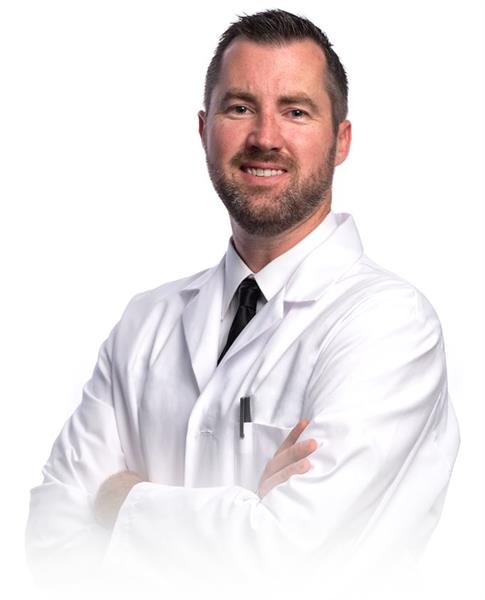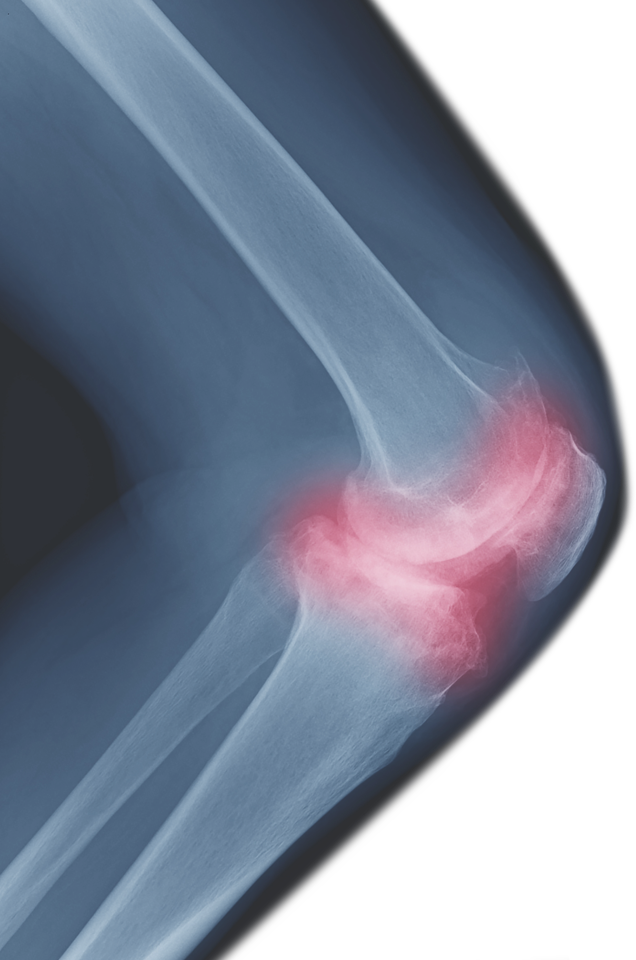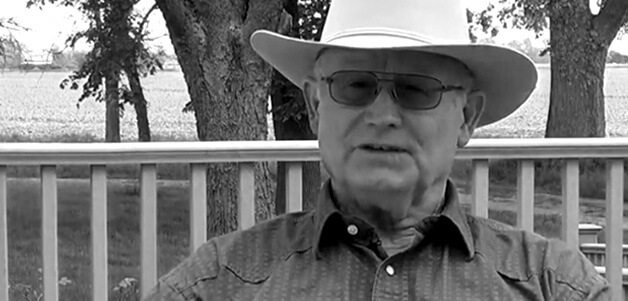Upcoming Webinars
Register NowKansas Stem Cell Researchers May Open The Door to The Future of Healing
KRMC doctors leading the charge in stem cell therapy

The body, as any basic biology class will teach, is made up of cells, all working to keep the heart pumping, lungs breathing and limbs moving.
Of the dozens of cell types, scientists see one in particular — stem cells — as the future for healing.
Since the 1960s, stem cells found in bone marrow have been used to treat leukemia and rebuild the immune system during cancer treatment. Research underway at the University of Kansas Cancer Center in Kansas City, Kan., may open the door to using stem cells found in umbilical cords beyond leukemia treatment.
“There’s great hope, and there’s great promise,” said Joseph McGuirk, physician and medical director of cellular therapeutics at KU Cancer Center.
Bone marrow is rich in stem cells, and doctors use them for two types of treatment: autologous and allogeneic. Autologous treatments — those relying on stem cells from the patient’s own body — carry a low risk of rejection and other complication. They are commonly used to treat lymphoma. But with treatments for leukemia, when the patient’s immune system is too depleted, so doctors turn to allogeneic therapy, where stem cells are derived from a single donor.
Hundreds of thousands of patients are treated with donor stem cells successfully every year, McGuirk said, but there are complications.
Even when source stem cells are derived from a close relative, patients may reject the new stem cells. In some cases, the cells are so effective at establishing themselves the body’s chemistry becomes unbalanced. That condition, graft-versus-host disease, can cause tissue damage and sometimes death.
McGuirk said there’s evidence in the lab mesenchymal stromal cells found in umbilical cords can help regulate the immune system and reduce the risk of graft-versus-host disease. The same cells also may help patients with neurological diseases like amyotrophic lateral sclerosis (ALS), joint conditions like arthritis and autoimmune disorders.
As part of the University of Kansas Medical Center, the Midwest Stem Cell Therapy Center is in early investigating whether heart-derived adult stem cells can repair heart muscle that is dead or has been damaged by heart attacks.
These treatments are years from becoming standard practice, McGuirk said.
“They’re not ready for prime time yet,” McGuirk said. “These (ideas) reside in experimental stages. They will make it into the mainstay and become standard, I hope, but it will take years. That’s how it’s supposed to work.”
That long research process starts, in some cases, in biologist Mark Weiss’ lab at Kansas State University in Manhattan.
Weiss co-discovered mesenchymal stromal cells within umbilical cords and conducted animal trials on the graft-versus-host disease treatment. KU is currently seeking Food and Drug Administration approval for human trials.
The work at K-State began almost 10 years ago, Weiss said, and his lab is currently working on second- and third-generation treatments that may offer better outcomes for treating immune system attacks on the body. Those treatments are likely years from clinical trials in humans.
“The drug research pipeline is a long, torturous process,” he said. “We call it a pipeline, because once you’re in you’ve got to go all the way to the end. If you’re lucky, it works. If not, you’ve got to start over.”
K-State researchers recently saw some success using stem cells to treat arthritis in dogs. A double-blind, placebo-controlled study of 75 dogs showed “striking” improvements in the 22 dogs that received stem cell therapy for joint issues. Dogs were evaluated after one, three and six months following the treatment.
Weiss wanted to expand the study to nearly 90 dogs with help from research at the University of Missouri in Columbia, but that study was denied, he said.
“We’re really interested in seeing past six months so we can tell the (dog) owner about longer terms,” he said.
So far, treatments and research like those done at the University of Kansas Medical Center and K-State are the only ones the FDA has approved and standardized, but options for experimental treatments beyond cancer care are available in Kansas.
At Kansas Regenerative Medicine Center, which has offices in Manhattan and the Kansas City area, doctors use stem cells found in fat in an attempt to treat joint issues such as arthritis, rebuild nerves and repair the heart following a heart attack. The treatments have not gone through the phase testing required by doctors treating cancer and are not FDA approved. Andrew Pope, co-medical director, said procedures at Kansas Regenerative Medicine Center are done to standards set by the Cell Surgical Network.
The network, based in California, uses an internal review board to vet treatments. Patient outcome data is tracked from across the country, so research on safety and effectiveness can be published, Pope said. A patent for their stem cell therapy is currently under FDA review.
“The whole point is to stick with what you study, so the product is based on evidence and science,” he said. “We’re doing things the right way.”
Regardless of what’s being treated, procedures are nonsurgical and outpatient. Doctors remove a small amount of fat with a local anesthetic and separate the stem cells that reside in the connective tissue between the fat cells. Those stem cells are concentrated and then injected into the treatment area, like a knee or elbow.
“I don’t have to knock you out. It’s all local numbing,” Pope said. “Most of my patients say it feels like a weird massage.”
The hope is the stem cells will begin to rebuild damaged tissue in the affected area.
Because the therapy relies on cells from the patient’s own body, Pope said, there’s no risk of the body rejecting the treatment. He cautioned that stem cell therapy isn’t necessarily a cure for conditions such as arthritis, but it can offer a remedy to improve symptoms.
Pope said the majority of patients — about 80 percent — report some improvement to their joint condition.
View Full ArticleAre You a Candidate?
Our research-based treatments use your own stem cells to accelerate your healing — without surgery.
Request an Introductory Patient Package
Receive an introductory patient package by email.

Register for An Upcoming Webinar
Use Your Own Cells to Treat Arthritis, Joint Injuries & Spine Pain
A stem cell discussion followed by Q & A.
Join Us!
for an upcoming webinar.





